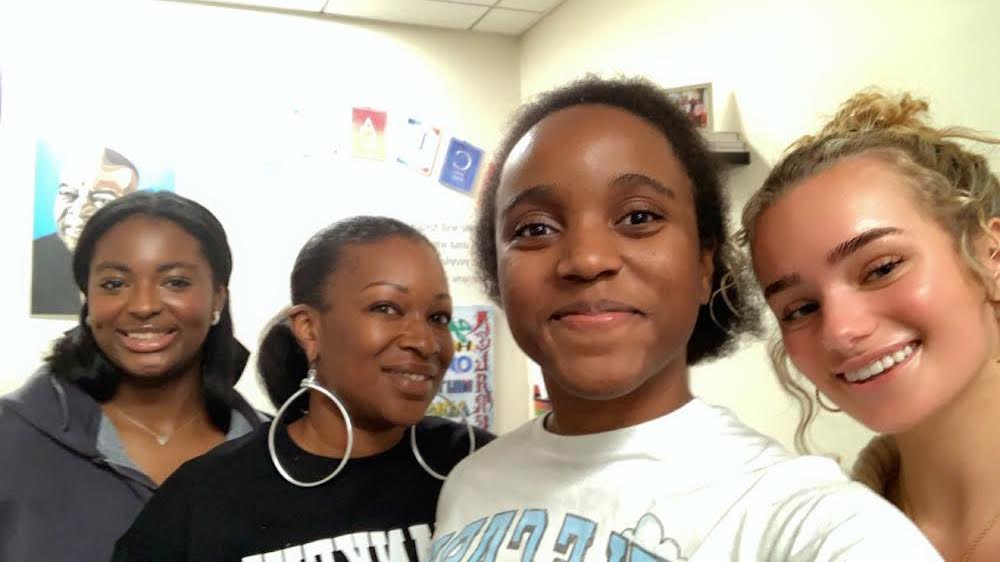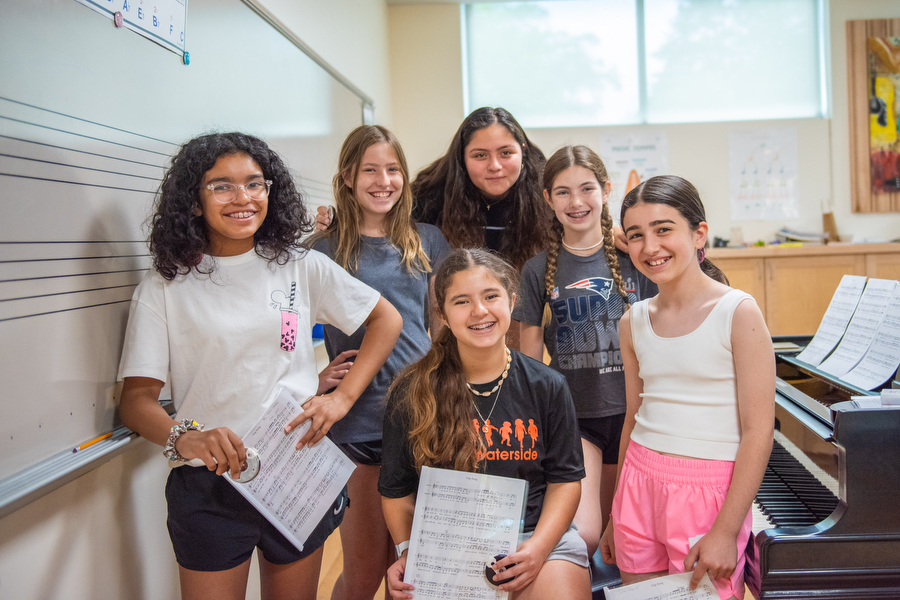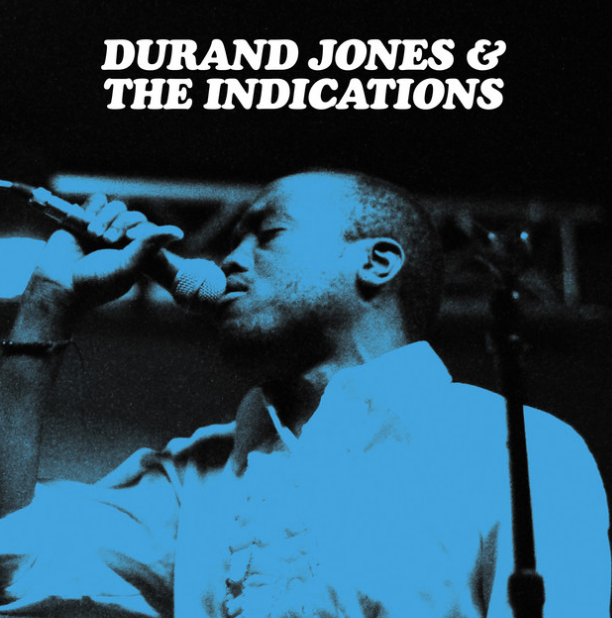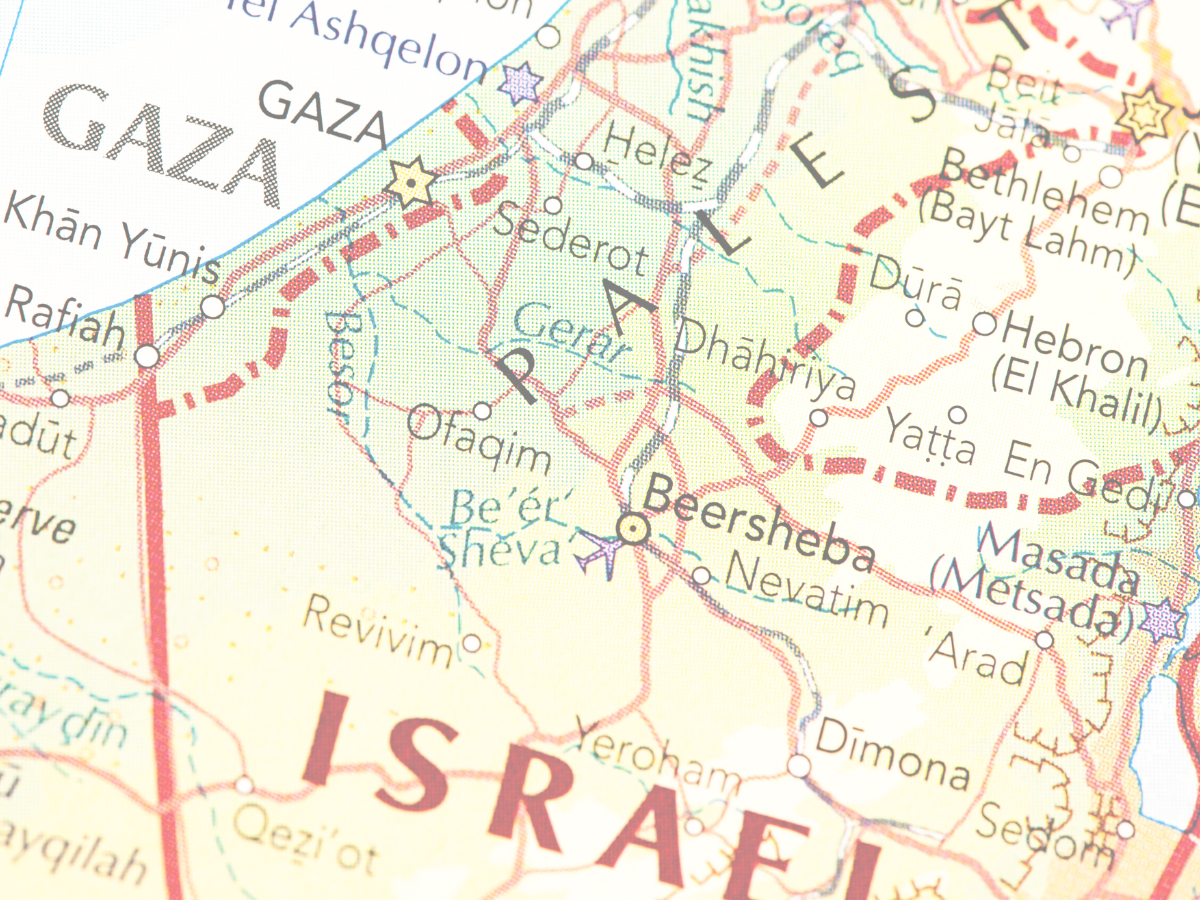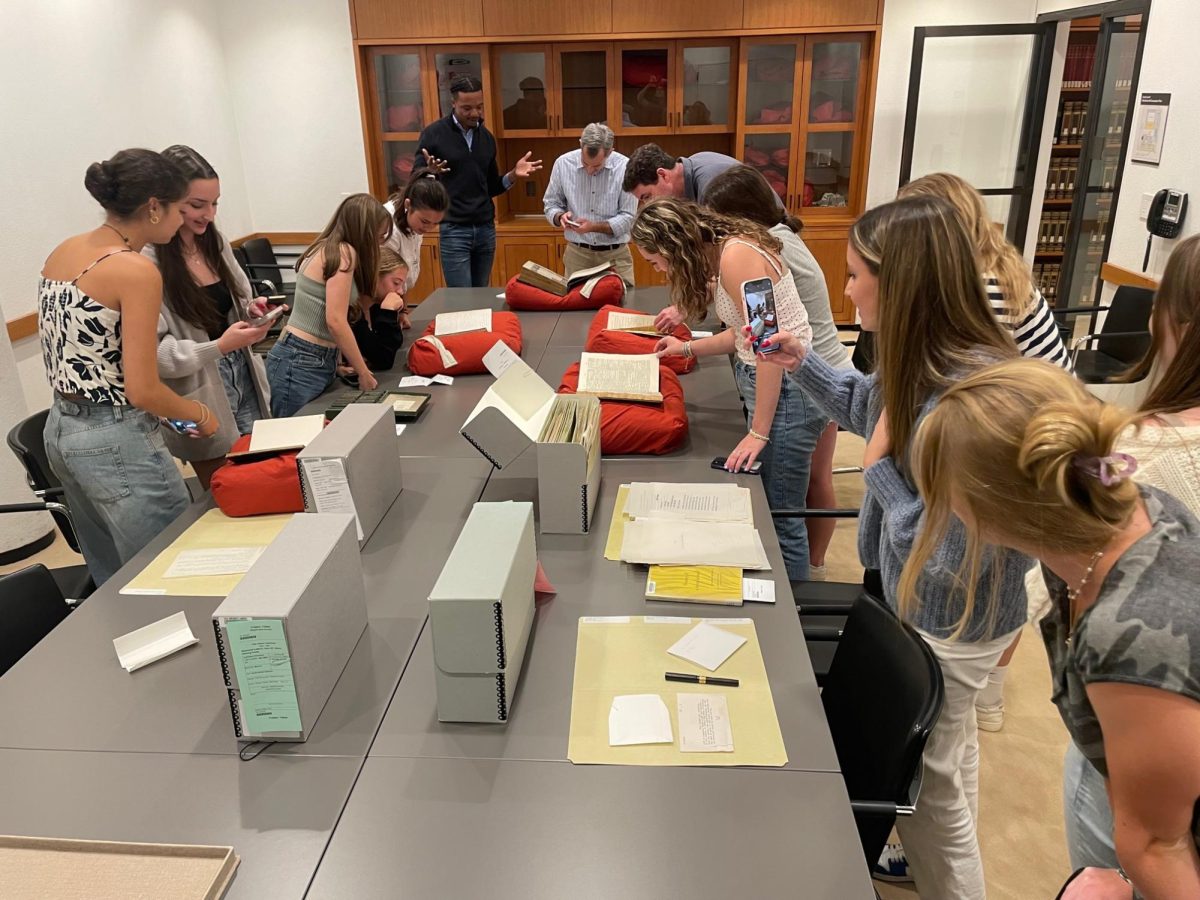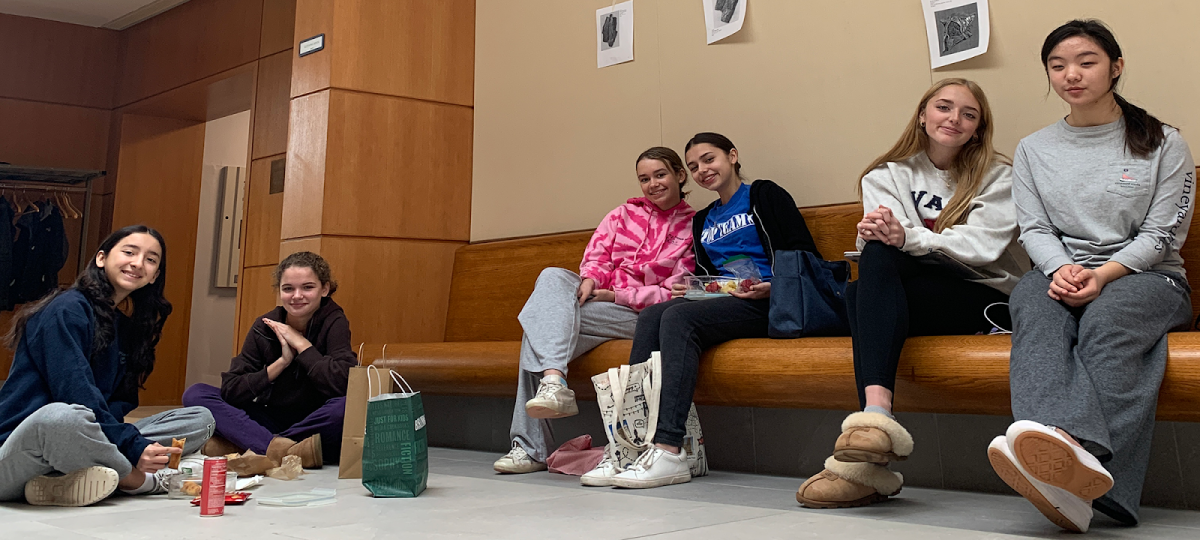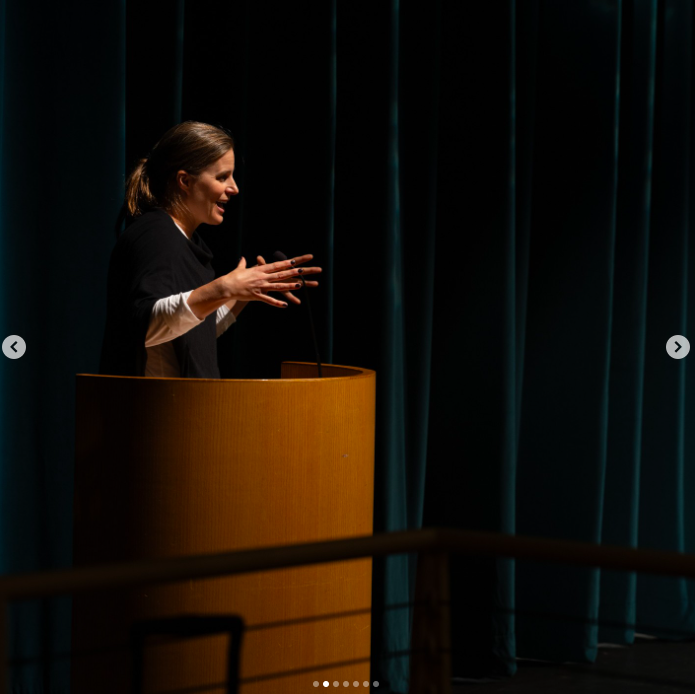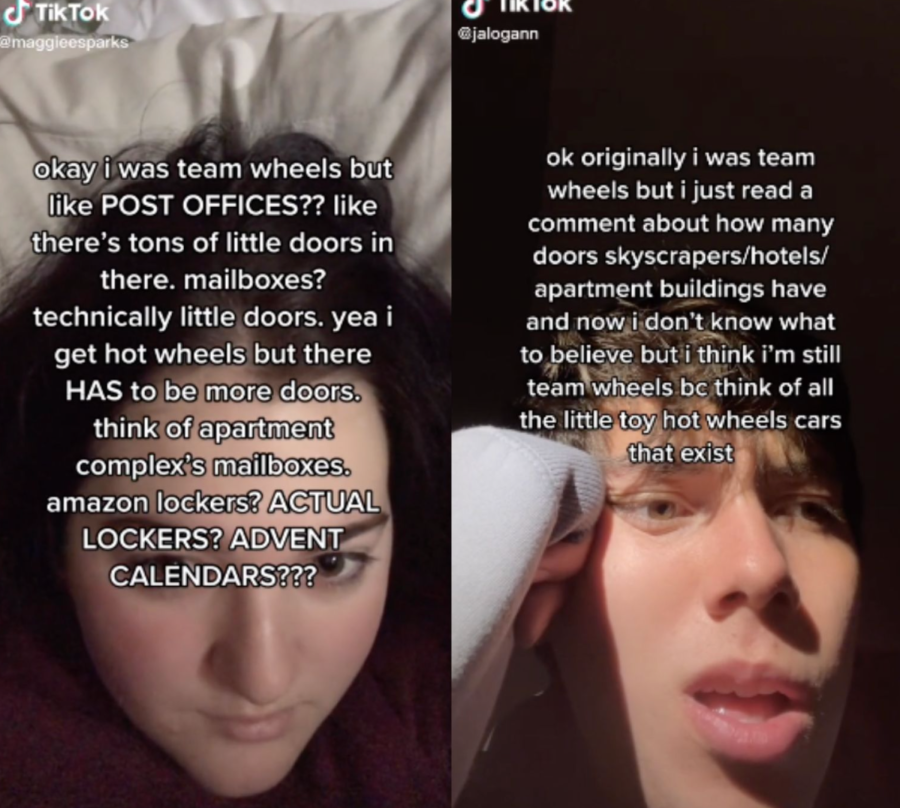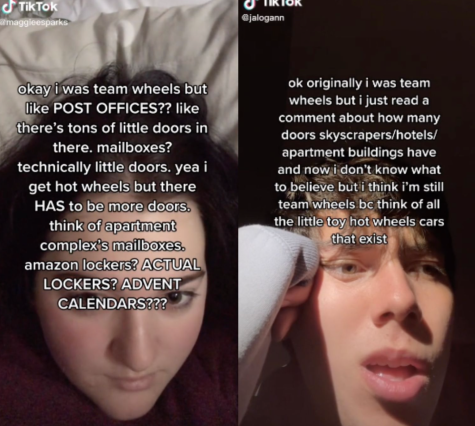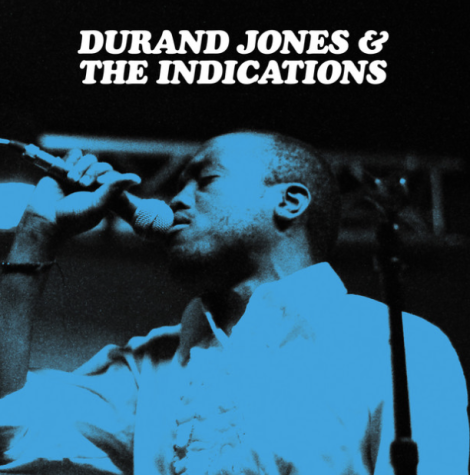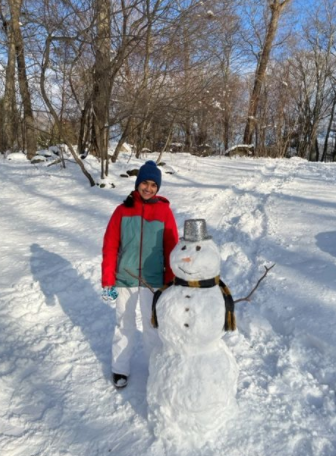Exams 101: Dos & Don’ts
The GAP tapped US test-takers for useful tips for studying for, taking, and relaxing after the stressful exam season. Stay strong, Gators!

Something I keep repeating to my friends is that I can’t believe that the first semester is practically over already. It feels like just yesterday I begrudgingly picked up an AP US History textbook in the student center for this school year. Of course, the unwelcome terror that is midterms season accompanies the ending of the first semester. I asked my fellow upper schoolers who have taken exams before to share some advice.
Studying
Of course, to talk about exam preparation, we must cover the deeply controversial topic of winter break studying: to study or not to study? The debate over this issue was obvious in the Google Form responses I received: Two consecutive tips I received read, “No fun, but studying over winter break is so underrated” and “You don’t need to study over break.” Here’s my take: Before or at the beginning of the break, make a quick list of the units and topics you’ll have to review. If there are very many, it may be a good idea to phase it out, some over the break. However, if you are traveling or simply want to enjoy the vacation, there is no need to stress it! There are two weeks of first-semester school after the break for a reason.
The second most common tip is to make a study schedule and to stick to it! It is incredibly important to make sure your expectations for productivity are realistic in order to remain on track. One student shared that “studying by time rather than by task is super helpful in not getting sidetracked.” Funnily enough, I am the exact opposite: I find it incredibly difficult to pick up a task halfway through, so it benefits me more to divide a task into smaller pieces and tackle them individually. Additionally, as I often have trouble staying on-task, I create a very specific schedule down to the hour and unit of what I’ll be studying on a given day. This may feel restrictive and tiring for others. The most important thing to remember is that everyone’s study styles are different, so take from this article what you think will help you and only you!
Extra tip: One response said not to go to the Brunswick Library to study. I’m not sure why, but maybe this will help someone out!
Taking Exams
I remember walking into Raether Gym for the first time ever last year to take my first ever exam. Somehow, it felt like the entire midterm was over in a second. This is the most cliché thing I can say, but please try to get rest the nights before you take your exams. The best thing you can do for yourself is to be well-rested. Here is a sleep calculator link to figure out how many sleep cycles you should get in a night: https://sleepyti.me/.
This is sort of a studying and exam-week tip: Use the exam schedule to benefit your timeline. If you have a math exam on Monday and an English essay on Tuesday, prioritize the math exam over the weekend and try to hammer out that essay on Monday after the exam. After taking exams, you still have the entire afternoon to study! Of course, it’s very important not to push studying off until exam week.
Self-Care and Staying Sane
Try not to calculate what grade you need to get on a certain exam to raise your average to a certain number. The less time you spend stressing and the more you spend reviewing, the better off you’ll be. Focus on learning the material to a level of comprehension!
If you only take one thing away from this article, let it be to set aside time for yourself during exam season. Using a structured schedule may help, with breaks built-in so you don’t go crazy studying. It’s important to take care of yourself, especially during midterms and finals: If you aren’t in a state to be preparing, nothing will get done. Take a walk or a bath, read a book just for fun, watch a movie, or play some video games: Whatever will get you relaxed and ready to do great on the exams!
I believe in you all! Go, Upper School!

When not writing or editing for GAP, Joyce can be found reading, sleeping, and spending time with her friends. She enjoys the humanities and has an uncountable...
